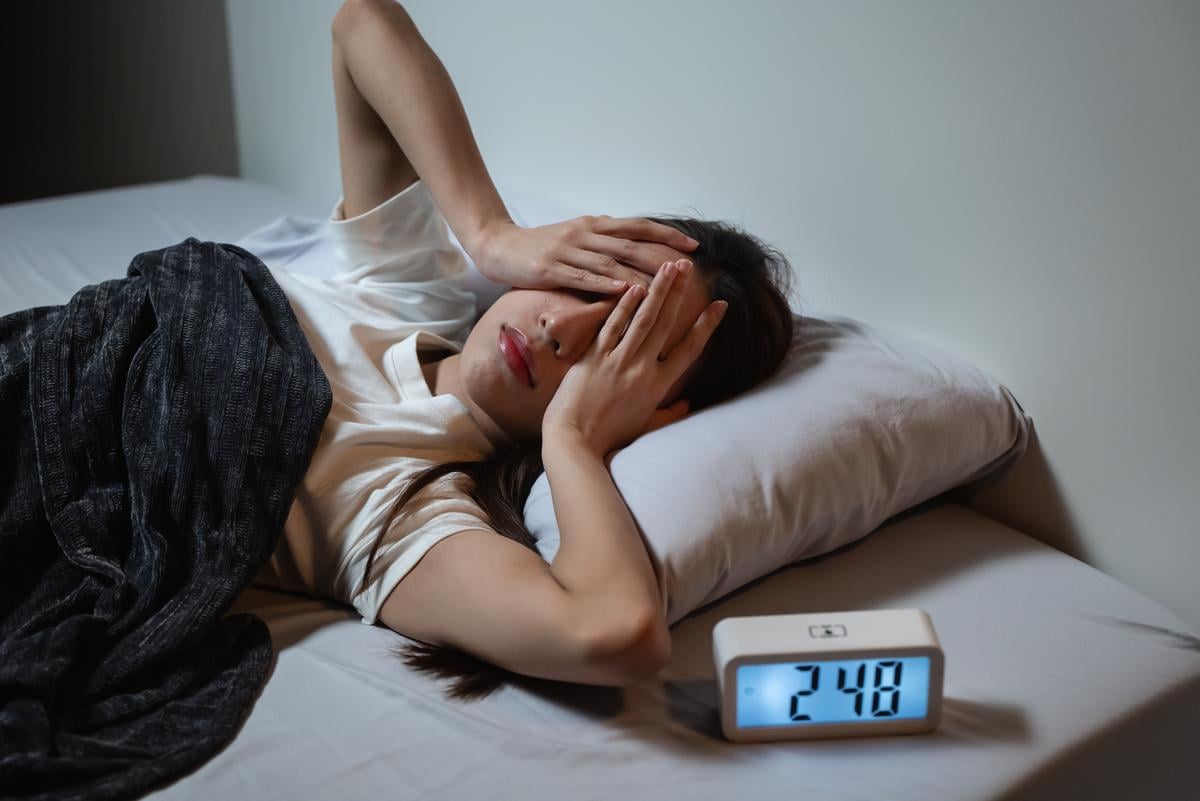
THURSDAY, Oct. 3, 2024, HealthDay News — The Southern Hemisphere’s flu season is winding down, and new data shows this year’s flu shot was 34.5% effective in keeping folks there who got influenza from needing hospital care. Most (68.3%) of those sent to hospital had the A(H3N2) strain of flu, according to the report from… read on > read on >














.jpg)



